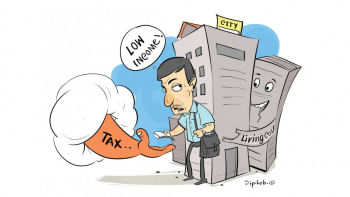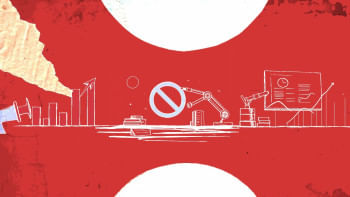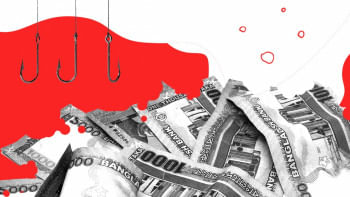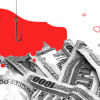It’s high time to overhaul our tax system

According to a recent report by the Centre for Policy Dialogue (CPD), Bangladesh lost an estimated Tk 226,236 crore in potential revenue due to tax evasion and avoidance in FY 2022-23. This is an extremely troubling finding. While it is generally known that tax irregularities are widespread in Bangladesh, the extent of the resultant loss, as estimated by the CPD, is staggering. To put it into perspective, the lost amount from FY23 could have funded the construction of approximately seven metro rail lines, provided each cost as much as the revised budget of Tk 33,472 crore for Metro Rail Line-6 connecting Uttara to Kamalapur.
In other words, had the National Board of Revenue (NBR) managed to collect some portion of the Tk 2.26 lakh crore lost to tax evasion, it could have easily met its revenue target for that year—which it fell short of by Tk 44,728 crore, according to provisional data. Therefore, the fact that the NBR has a history of missing its revenue targets is clearly not a fait accompli, but rather something that can be rectified.
According to the CPD report, corporate tax evasion alone accounted for roughly half of the total loss in FY23—about Tk 113,118 crore—highlighting a concerning trend of rising evasion since 2011. The estimated loss in 2012 was Tk 96,503 crore, which surged to Tk 133,673 crore by 2015. According to CPD, corruption and a range of structural issues, including high tax rates, weak enforcement, and a labyrinthine legal framework, have been fuelling this rampant tax evasion.
For instance, nearly half of the firms surveyed in the study alleged that they were asked for bribes by officials while seeking tax-related services in FY23. Additionally, 40 percent of surveyed companies reported problems when adjusting their tax refunds. Moreover, 79 percent of firms pointed to a lack of accountability among tax officials, while 72 percent cited widespread corruption in the tax administration. Furthermore, 65 percent of businesses reported persistent disputes with tax officials over the calculation of their payable tax amounts. Another controversial factor that deserves scrutiny is the policy on tax expenditure and incentives. According to CPD, Bangladesh's current tax incentive structure is deeply entangled with political interests, rather than being merit-based and time-bound.
Clearly, much work is needed to improve our overall tax system. In fact, the entire structure appears to require a significant overhaul. Firstly, the tax submission process must be fully digitalised, with a unified system of financial transactions to ensure that every transaction is traceable and verifiable, thereby creating a barrier against corruption and fraud. Secondly, the NBR must significantly expand its corporate tax net, raising the proportion of tax-paying firms to at least 59 percent of registered companies—up from the current estimate of just 9 percent. Without such transformative reforms, Bangladesh's fiscal progress will remain severely hampered.


 For all latest news, follow The Daily Star's Google News channel.
For all latest news, follow The Daily Star's Google News channel. 











Comments